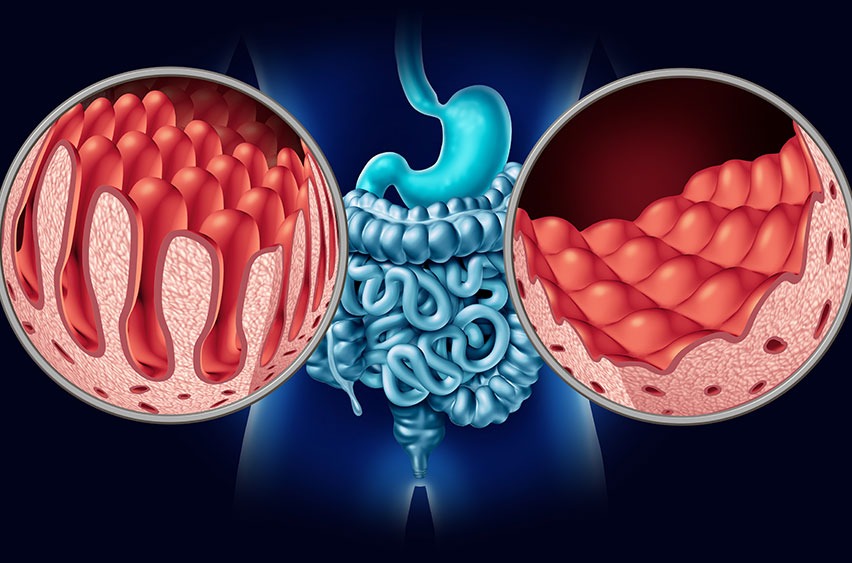If you have recently been diagnosed with celiac disease and require guidance or support with your gluten-free diet, Rory is here for you! Rory will walk you through the foods you should avoid, helping you create recipes and menus that fit into your life.
- Why Rory?
- Dietary Issues
- Packages
- Improving Gut Health
- Initial Consult
- GI Consult
- GI Elemental Diets
- Follow-up Consult
- Low FODMAP Grocery Trip
- The Full Monty
- Follow Up Bundle
- Weight Reduction Package
- Eating Disorder Package
- Computer Nutrition Analysis
- Telephone Consults
- Sports Nutrition Workshop
- Sports Nutrition Program
- Corporate Packages
- New Clients
- Contact Us
- Book Now











